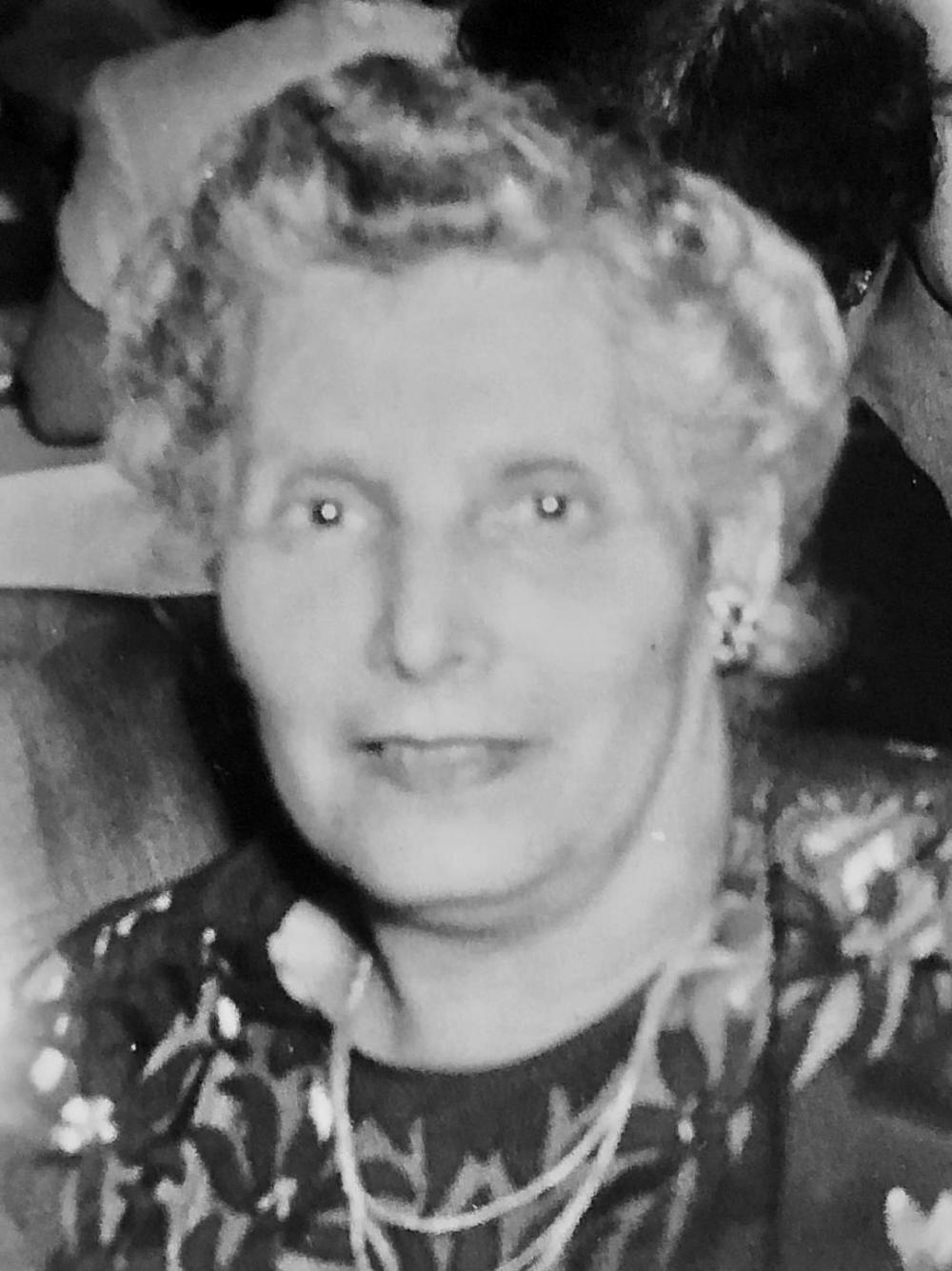פריידה בת שמעון וברכה
Frieda Speier
Mar 6, 1965 ב' אדר ב תשכ"ה

Frieda and Isidore settled into a home in a little “dorf” or village in central Germany. They soon had Ruth in 1926 and twins in 1928, Siegbert (Siggy) and Alfred (Al). She was the quintessential wife, mother, and helpmate of 1930’s Germany. Their house had a barn on the ground floor and living space on the upper floors. There were animals in the barn as well as meat and a root cellar. While Isidore traveled to nearby towns selling dry goods and acting as the region’s shochet, Frieda raised the children, managed the family garden, cooked and mended. On Shabbat she took care to dress the children for shul carefully pinning handkerchiefs to their clothes so they would not have to carry anything. Holidays were busy and exciting for the family as they were able to visit the many nearby relatives on the horse drawn wagon.
All of the idyll came to an end in 1933 as Hitler came to power. She had to keep the family going under more and more dire conditions. She braved multiple traumas including the arrest of Isidore, a raid of their home by the Gestapo and the endless abuse of her 3 daughters in school. The tense uncertainty of their fate resolved when Isidore was finally able to secure visas for the family. Frieda cleverly distributed the children to relatives that summer so that when the day came, no one would observe a family of 7 departing together. On July 6, 1938 they hastily set off with the twins and began collecting the girls from relatives who they were not sure they would ever see again.
On the train from Stuttgart to Brussels Hanna was detained by the police. Luckily she was released as the train began rolling away from the station. They boarded the Queen Mary in Antwerp and after a stop in England made the Atlantic crossing to New York. On arrival they transferred directly to Buffalo, NY by train to be met by their sponsoring family.
Life in America was complicated for Frieda as she knew very little English. Much to the dismay of her children, she learned quickly so that they couldn’t trade secrets in front of her, a lesson they learned the hard way with some embarrassment. Frieda was not to be underestimated. Arriving late in the summer, the home had to be arranged and the children had to be registered in school and of course the high holidays were right around the corner.
They made their home on Butler Avenue a way point for many Jewish families of the era. One day she was summoned to a neighbor by their daughter because her mother went into labor at home. Frieda was able to take care of the mother and deliver the baby. That baby remained a friend of the family throughout her life. Frieda was known to care for others, especially new immigrants as she had experienced the trauma herself.
The war years were extremely trying as she had no information about many relatives back in Germany. Her mother and her brother’s family died in concentration camps. Others, happily, survived the Shoah and made it to America, some lived as neighbors in Buffalo.
She was able to plan weddings for all of her children and enjoyed seeing the family grow to 12 grandchildren. She graced her home with her German cooking and her sweet demeanor, always welcoming guests to her table while her health allowed. She hosted holiday meals and family celebrations, the warmth of which still lingers among the grandchildren to this day. She passed after a long brave fight with breast cancer. Her grandchildren and their grandchildren are her legacy. She was the embodiment of eishet chayyil and her memory is a blessing.